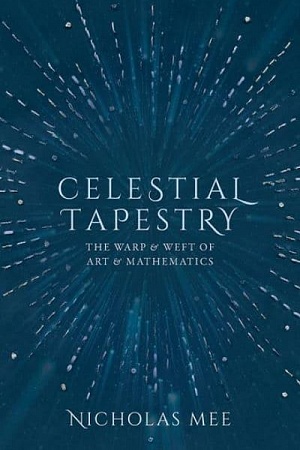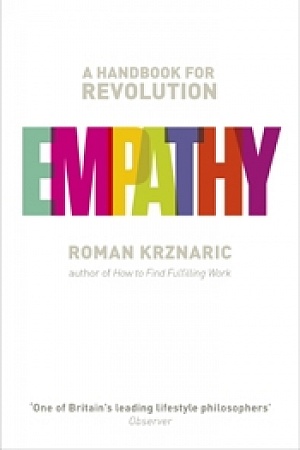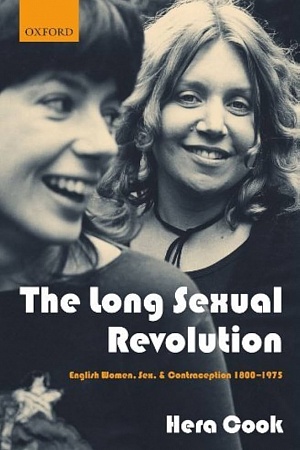The Birth of Ethics: Reconstructing the role and nature of morality
Oxford University Press, $53.95 hb, 393 pp, 9780190904913
The Birth of Ethics: Reconstructing the role and nature of morality by Philip Pettit, edited by Kinch Hoekstra with Michael Tomasello
The Birth of Ethics is a remarkably ambitious and innovative work by one of Australia’s most eminent philosophers. It is the full-length statement of an argument originally set out in Philip Pettit’s 2015 Berkeley Tanner Lectures on Human Values. The aim of the book is to ‘offer an account of ethics … that makes sense of how we come to be an ethical species’. The extraordinary intellectual creativity of this book has to be understood in the context of the historical currents it opposes and the way it attempts to shift the ground of the debate.
Pettit’s heterodoxy consists in his being both a moral realist and a metaphysical naturalist. Moral realism is the view that at least some moral claims are true, in the same sense that descriptive claims about the world can be true. Naturalism in philosophy is an ontological commitment that the materials from which theories are constructed should consist only of entities, phenomena, and causal relationships that are recognised in the natural sciences. With few exceptions, moral philosophy since the early twentieth century has tended to see naturalism as incompatible with a full-blooded moral realism. The heart of the problem is that true moral claims are ordinarily conceived as bearing universal authority. The claim, for example, that killing an innocent person is wrong expresses a reason for not killing that ought to be compelling for any person, regardless of who or when or where she is or whatever individual desires she may happen to have. A number of influential theories have held that a properly scientific view of the world leaves no room for the mysterious authority of the moral.
Continue reading for only $10 per month. Subscribe and gain full access to Australian Book Review. Already a subscriber? Sign in. If you need assistance, feel free to contact us.











Leave a comment
If you are an ABR subscriber, you will need to sign in to post a comment.
If you have forgotten your sign in details, or if you receive an error message when trying to submit your comment, please email your comment (and the name of the article to which it relates) to ABR Comments. We will review your comment and, subject to approval, we will post it under your name.
Please note that all comments must be approved by ABR and comply with our Terms & Conditions.